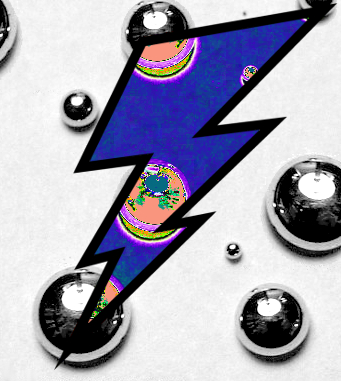PFAS filter for power boost
 New technology could use PFAS to make better batteries.
New technology could use PFAS to make better batteries.
Researchers at the University of Queensland (UQ) have developed a new solution to remove harmful ‘forever chemicals’ from water and repurpose them for clean energy technology.
A filter developed by UQ’s Australian Institute for Bioengineering and Nanotechnology (AIBN) is designed to capture per- and polyfluoroalkyl substances (PFAS); synthetic chemicals that persist in the environment and pose potential health risks.
The filter uses a patented sorbent solution to isolate PFAS particles from water through an ion-exchange process.
Once captured, the fluorine-based materials can be harvested and used in renewable energy applications, particularly for improving rechargeable batteries.
Dr Cheng Zhang, a polymer chemist at AIBN, says the technology has multiple benefits.
“People are increasingly aware of the risks that PFAS poses to human health, and how long these chemicals persist in the natural environment,” Dr Zhang said.
“Not only does our filter technology remove harmful particles from water, those captured chemicals are available to be repurposed to help decarbonise the planet.”
The captured PFAS compounds exhibit properties that enhance battery performance, particularly in terms of energy density, safety, and cycling stability, all critical factors for high-performance rechargeable batteries.
“Recycled PFAS has excellent properties for this purpose,” Dr Zhang noted.
The team has successfully tested a laboratory prototype and is preparing for pilot tests in Brisbane and the United States.
The Queensland Government’s Advance Queensland Industry Research Projects program has backed the project with $1 million in funding.
The tests will involve various partners, including GHD, OCTA, and the Queensland Department of Environment, Science, and Innovation.
Pilot testing will begin at sites such as the Luggage Point Sewage Treatment Plant, and plans are underway to scale up testing in the second year of the project.
“These demonstrations will be pivotal to scaling up our filter technology for use in industrial water infrastructure,” Dr Zhang says.
“If this testing goes as we believe it will, we hope to reach commercial production within three years.”








 Print
Print